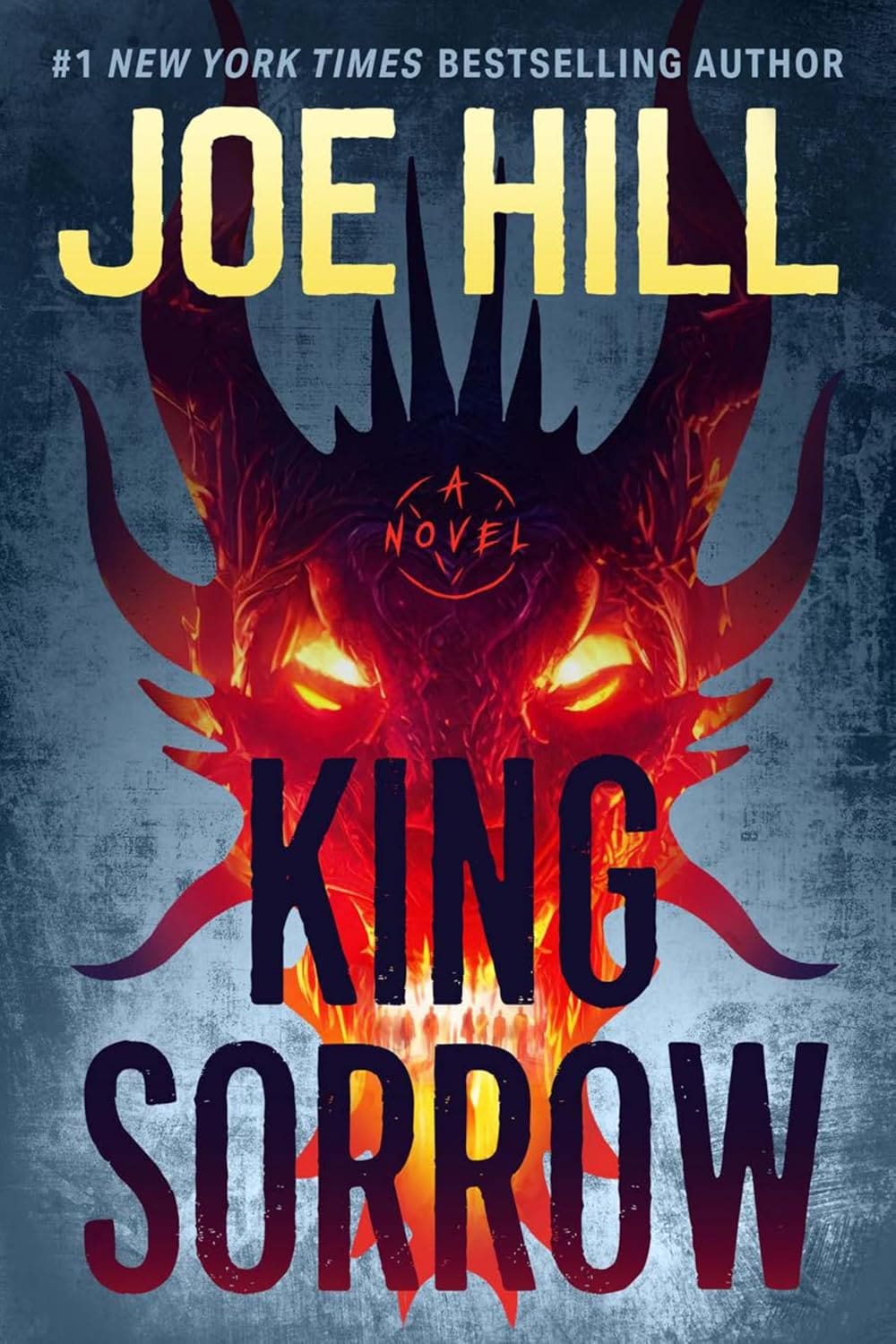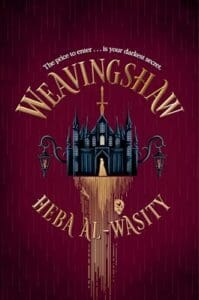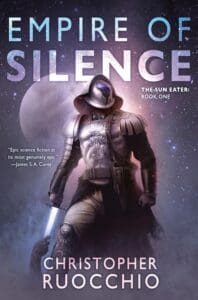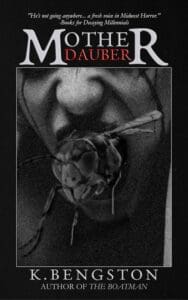
Synopsis
From #1 New York Times bestselling author Joe Hill, a chilling tale of modern-world dangers, dark academia, and the unexpected consequences of revenge as six friends dabble in the occult and are tragically, horrifyingly successful… calling forth an evil entity that demands regular human sacrifice.
“A brilliantly Faustian fable with a heart as huge as a dragon’s, and a stinging twist in its tail. I devoured it.” —Ruth Ware, New York Times bestselling author of The Woman in Suite 11
Arthur Oakes is a reader, a dreamer, and a student at Rackham College, Maine, renowned for its frosty winters, exceptional library, and beautiful buildings. But his idyll—and burgeoning romance with Gwen Underfoot—is shattered when a local drug dealer and her partner corner him into one of the worst crimes he can imagine: stealing rare books from the college library.
Trapped and desperate, Arthur turns to his closest friends for comfort and help. Together they dream up a wild, fantastical scheme to free Arthur from the cruel trap in which he finds himself. Wealthy, irrepressible Colin Wren suggests using the unnerving Crane journal (bound in the skin of its author) to summon a dragon to do their bidding. The others—brave, beautiful Alison Shiner; the battling twins Donna and Donovan McBride; and brainy, bold Gwen—don’t hesitate to join Colin in an effort to smash reality and bring a creature of the impossible into our world.
But there’s nothing simple about dealing with dragons, and their pact to save Arthur becomes a terrifying bargain in which the six must choose a new sacrifice for King Sorrow every year—or become his next meal.
Review
When Joseph Hillström King began writing under the penname of Joe Hill it was to prove himself as a writer on his own merits rather than as the son of Stephen King. His cover was blown early on, but not before he had secured his first book deal for 20th Century Ghosts. Twenty years later, it’s safe to say that Hill has proven himself with work across prose and comics, and with a number of his stories having been adapted for film and television. Hill is his own man, but he’s also very much his father’s son, and it’s impossible not to see King’s stamp on Hill’s creative DNA as both a parent and mentor. Rather than escaping his father’s long shadow, Hill has most certainly learned from and embraced it, co-writing with the elder King on a few occasions and populating his own works with Easter eggs from various King titles across the beam. King Sorrow, Hill’s newest, has a few fun ones, including a cheeky riff on one of King’s most famous opening lines. The rest is pure Hill, though.
King Sorrow borrows a central figure from fantasy – the high dragon, a vicious, flying, fire-breathing monstrosity – but is a straight-up horror epic through and through. The titular King Sorrow acts much like your typical deal-making devil, and when he’s summoned by college lit student Arthur Oakes and his well-to-do friends they discover too late that they have sold their souls in a Faustian bargain that can only end in death. When you make a deal with the devil there’s no winning, and all it can cost them is everything.
Arthur is in a jam, having made the mistake of being kind to the wrong people while visiting his imprisoned mother. They learn he has access to rare and valuable books thanks to his work at the university library’s special collections wing, books he can steal for them to profit off if he doesn’t want dear old mom to get shanked in the prison showers. The most valuable of these is the journal of Enoch Crane, bound in human skin, which holds the key to summoning forth a dragon. If Arthur and his Scooby-gang can call on King Sorrow, they can save his mother’s life and get Arthur out from under the thumb of these drug-addled thugs.
Of course, every action has a reaction, some intended, others unforeseen. Hill takes the long road around (King Sorrow clocks in at around 900 pages), developing a decades-long exploration of this group stuck in the thrall of a devil and a study of multiple characters as they grow and change and fracture under the weight of all they have wrought.
Perhaps it’s unavoidable that King Sorrow will garner comparisons to King’s IT given Hill and King’s relationship, its doorstopper size, and the focus on these characters across time as they engage with a dark and deadly entity across the decades, although Hill plays it straight and linearly rather than hopping back and forth between time periods. King Sorrow certainly exists in conversation with IT and even, at times, echoes it in certain plot beats, but is very much its own thing aside from some superficial similarities. Maybe it’s because of their age when we meet them, and my age as a reader, but I didn’t find myself connecting with Hill’s troupe of entitled, well-off twenty-somethings quite as closely as I did King’s Losers Club. I met the kids in IT when I was roughly their age and dealing with a lot of the same issues that come with being a kid. IT was also the first adult book I read and proved to be a foundational text for me. It’s a personal all-time favorite and means a hell of a lot to me. None of this is to say, however, that I didn’t care about the core cast at the heart of King Sorrow. In fact, I found it impossible not to when all is said and done. I loved and rooted hard for some, perhaps too much, and came to not just hate but despise others. There were times, though, when I couldn’t help but wonder as the book crossed and then dashed past the halfway mark if Hill wasn’t playing it much too safe. I couldn’t help but wonder what this book would have been like if, at some particular junctures, Hill had been meaner, bloodthirstier, more willing to drag both his characters and his readers into hell and make us all hurt.
And then he did, and I wanted to take it all back. I got what I had asked for and still found myself saying, “No, Joe, not like that!” It hurt, having my wishes granted while Hill proved the dragon wasn’t the only one with teeth here, wasn’t the only sorrow king giving us what we demanded in the worst, most tragic ways possible. Moral of the story: be careful what you ask for.
King Sorrow exists in conversation with Hill’s past works as well, particularly Locke & Key, which feels tonally similar with this work, and, at least for one extended segment, the short story “You Are Released,” collected in Full Throttle, which revolves around a disaster occurring during a flight. I can’t help but wonder how many readers who came of age post-9/11 might read the British Airways plane-set segment and find an airliner’s positive treatment of its customers and care for their comfort to be the most fantastical, borderline outlandish piece of writing here.
Some of Hill’s set pieces run a bit longer than feel necessary and start to sag under their own weight toward the middle, but the book recovers nicely and regains its fleet footing as it dashes all the way to the end. Like the dragon it’s named after, King Sorrow moves fast. It’s a pacey son of a bitch that never feels like a 900-page tome, and by book’s end I found myself wanting to spend more time still with these characters, to make sure those that remained were safe and free from future harm, which is a bit of magic all its own.
If anything, Sorrow’s length is more of a rich indulgence than a chore thanks to its well-defined characters, structuring, and hard-fought payoffs. The way Hill sets up the cause-and-effect nature of his no good deed goes unpunished premise oftentimes feels somewhat akin to the Final Destination franchise, with Death in the form of a dragon, or maybe just Fate itself, occasionally taking years to set up its own Rube Goldberg contraptions to trap and snare its victims. Although I worried Hill was playing it too safe with some of these characters in the first half, he really does put them – and readers – through the wringer by book’s end, challenging them mentally, emotionally, physically, and spiritually in ways that hurt so good.









Leave a Reply